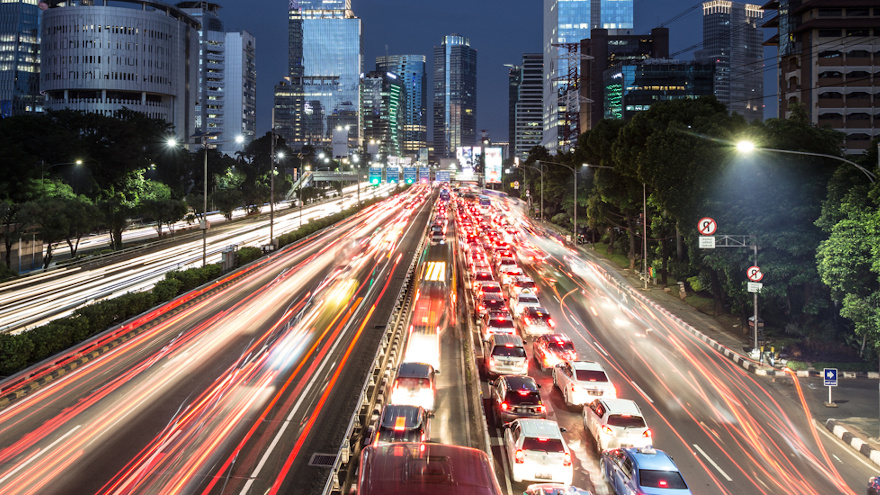Spring forward? Survey shows negative effects on safety

Photo courtesy of Autolist.
By subscribing, you agree to receive communications from Auto Remarketing and our partners in accordance with our Privacy Policy. We may share your information with select partners and sponsors who may contact you about their products and services. You may unsubscribe at any time.
SAN FRANCISCO –
An extra hour of sleep is nice. But according to a recent survey from Autolist, the negatives of daylight saving time outweigh the positives.
That is especially true when it comes to people’s daily commute, according to the survey.
Six percent of survey respondents said they had been in a car crash that was the result of daylight saving time, or that the time change was more than likely the cause.
Autolist said previous studies have come up with similar findings. On the Monday after the start of daylight savings time, that number typically bumps up to 7 to 8 percent.
The company surveyed 1,282 current car shoppers in early October, seeking their opinions on daylight saving time before this year’s term ends on Nov. 3.
The survey found daylight saving time affected behavior changes related to getting to work and also brought concerns about productivity and safety.
Subscribe to Auto Remarketing to stay informed and stay ahead.
By subscribing, you agree to receive communications from Auto Remarketing and our partners in accordance with our Privacy Policy. We may share your information with select partners and sponsors who may contact you about their products and services. You may unsubscribe at any time.
On the topic of commuting, daylight saving time significantly disrupts the commute or routine of 25% of consumers.
The time change means it is also more likely drivers in some parts of the country will hit deer or other wildlife.
That is because those collisions occur more often at dawn and dusk, which Autolist says are the times of the day when drivers most feel the effects of the recent time change.
Sixteen percent of consumers were more likely to eat during their driving commute, which Autolist says increases the potential for distracted driving and crashes.
So what should we do to alleviate the negative effects of daylight savings time? Get rid of it, said 40% of survey respondents.
Thirty-seven percent said the government should keep daylight savings time, and 23% were unsure.
The survey goes on with additional data to support those who would abolish daylight saving time, with many respondents saying it affects them after they arrive at work. Thirty percent reported being less productive at work during the week immediately following the time change.
Autolist also addressed daylight saving time’s effect on health, noting a previous study that found the rate of heart attacks to be 25% higher on the Monday immediately after the start of daylight saving time (spring ahead). The rate of heart attacks on the Monday after daylight saving time in the fall was 21% lower.
Survey respondents’ negative feelings about daylight savings time didn’t stop there. Twenty-seven percent of respondents said the time change caused them to feel unsafe walking or working out outside, and 33% believed daylight saving time posed a danger to children’s safety.


